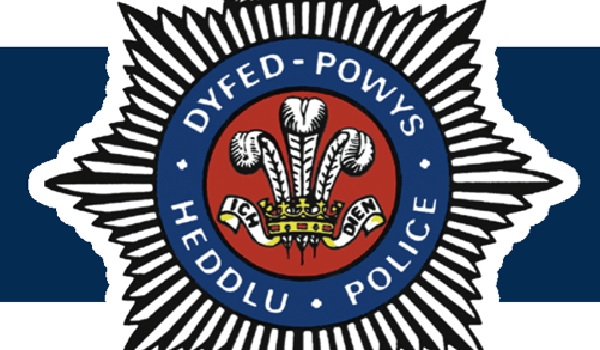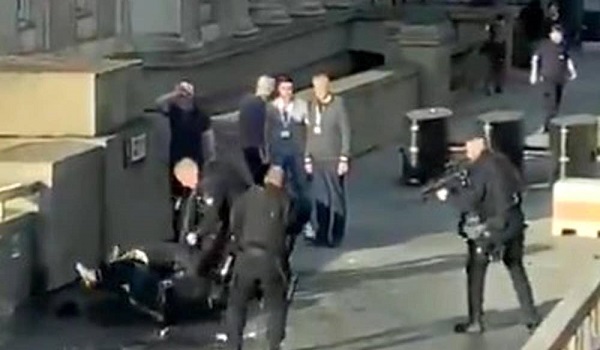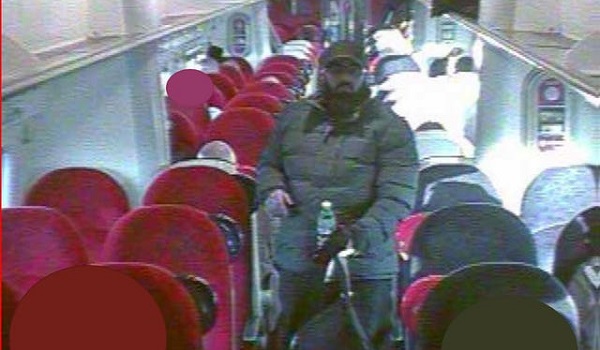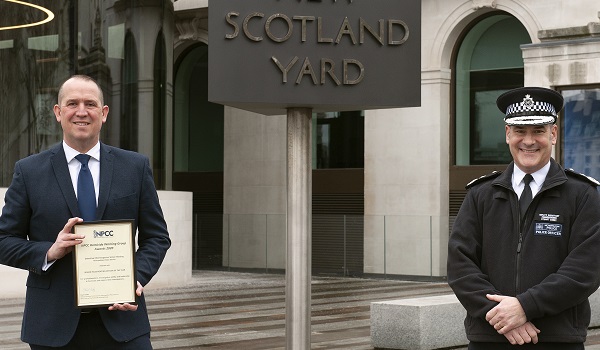Two thirds of BAME people feel there is bias within police
The majority of black, Asian and minority ethnic (BAME) people feel there is bias against them within police forces and that they are treated more harshly in courts, a charity survey suggests.
Around two thirds (65 per cent) of ethnic minority communities in Britain surveyed for Hope Not Hate feel members of the police are biased against them.
Four out of five respondents of black and Bangladeshi heritage felt this way, compared to around half of those of Chinese and Indian backgrounds.
The research suggests the majority do not believe the issues are systemic, with 64 per cent agreeing that any issues were down to a few individuals within forces.
Meanwhile, three quarters of black people, 71 per cent of Bangladeshi people and 53 per cent of Indian respondents felt they are dealt with more severely in the courts.
Responses from around a thousand BAME adults, surveyed between July 3 and 10, also revealed widespread anger about the Government’s handling of the coronavirus pandemic, and feelings of political alienation.
Detective Inspector Andy George, interim president of the National Black Police Association, said the results confirmed its concerns around trust and confidence in UK policing.
He said: “Building strong relationships with ethnic minority communities makes us more likely to understand new and emerging crimes in the community and more likely to receive community intelligence which will allow us to target those causing most harm in the community.
“Now is the time to acknowledge the evidence produced in this report and build long-term strategies to increase trust and confidence in BAME communities.”
More than half of respondents (57 per cent) said the Government has not done enough to protect BAME communities from Covid-19.
Action to address BAME communities’ concerns must not wait, given the imminent threat of a second wave, the report argues.
It reads: “Given the devastating impact this first wave of coronavirus has had on BAME communities, the Government must do more than simply reflect on what went wrong.
“They must act to put protections in place that directly support those from Black, Asian and minority ethnic groups, and to put a greater emphasis on addressing structural racial disparities as part of an economic recovery plan.”
Labour MP Dr Rosena Allin-Khan, quoted in the report, said BAME communities had been treated as “cannon fodder” in the war against coronavirus, adding: “These people’s lives are not, and should not, have been dispensable.”
Chinese people were most likely to list Covid-19 as one of issues most important to them, which the report said might reflect the impact of anti-Chinese sentiment.
Asked about their experiences over the past 12 months, more than half of the BAME respondents said they have witnessed or experienced racist comments being made in public, racism on social media, racism in the press or racial abuse.
Almost three-quarters (73 per cent) said they support the recent Black Lives Matter protests, but there were fears that they might prompt a backlash from sections of the white population.
And while 65 per cent felt statues of slave traders should be removed from public squares and put into museums, 60 per cent felt the ensuing debate has distracted from important discussions about racism.
Just under half (48 per cent) said public figures can be admired for their achievements, even if they also held racist views, with a quarter disagreeing with this.
And there was strong support for calls that the Government should pay reparations to the descendants of black slaves.
A spokesman for the National Police Chiefs’ Council (NPCC) said it had “invested significant time and resources into working out how we can better engage with communities of all backgrounds”, adding: “The NPCC and the College of Policing are developing a plan of action to address racial inequalities in policing. We will take any action necessary to implement positive changes.”
A Government spokesman said: “Earlier this year we published our two-year update on the Lammy Review, setting out a comprehensive programme of work to address inequalities across the criminal justice system.
“At the same time, we are working with the police to improve equality and diversity, and have seen real gains in recent years.
“But we are clear that we are not there yet, and are committed to ensuring progress is accelerated and our forces are more representative of the communities they serve.”







